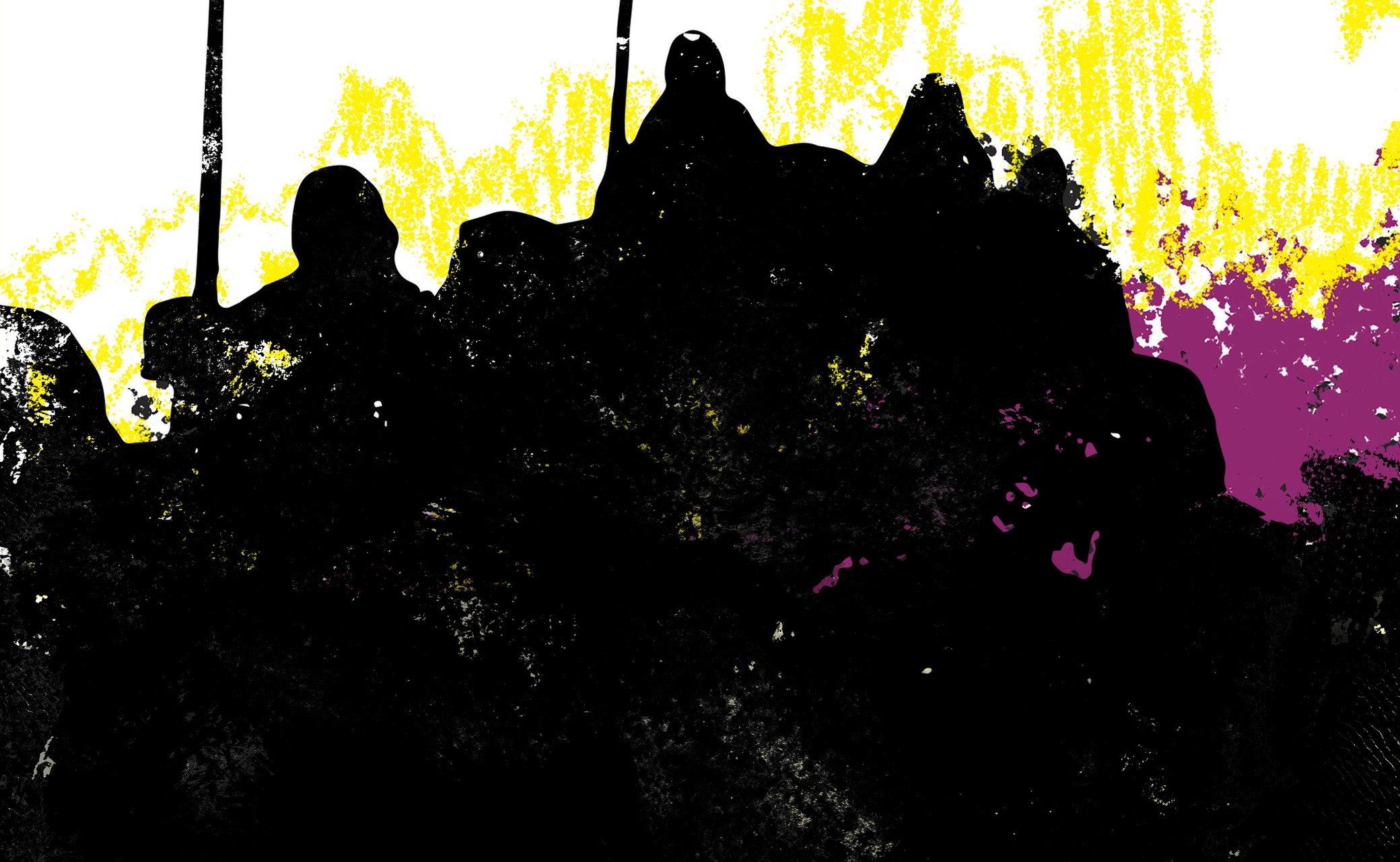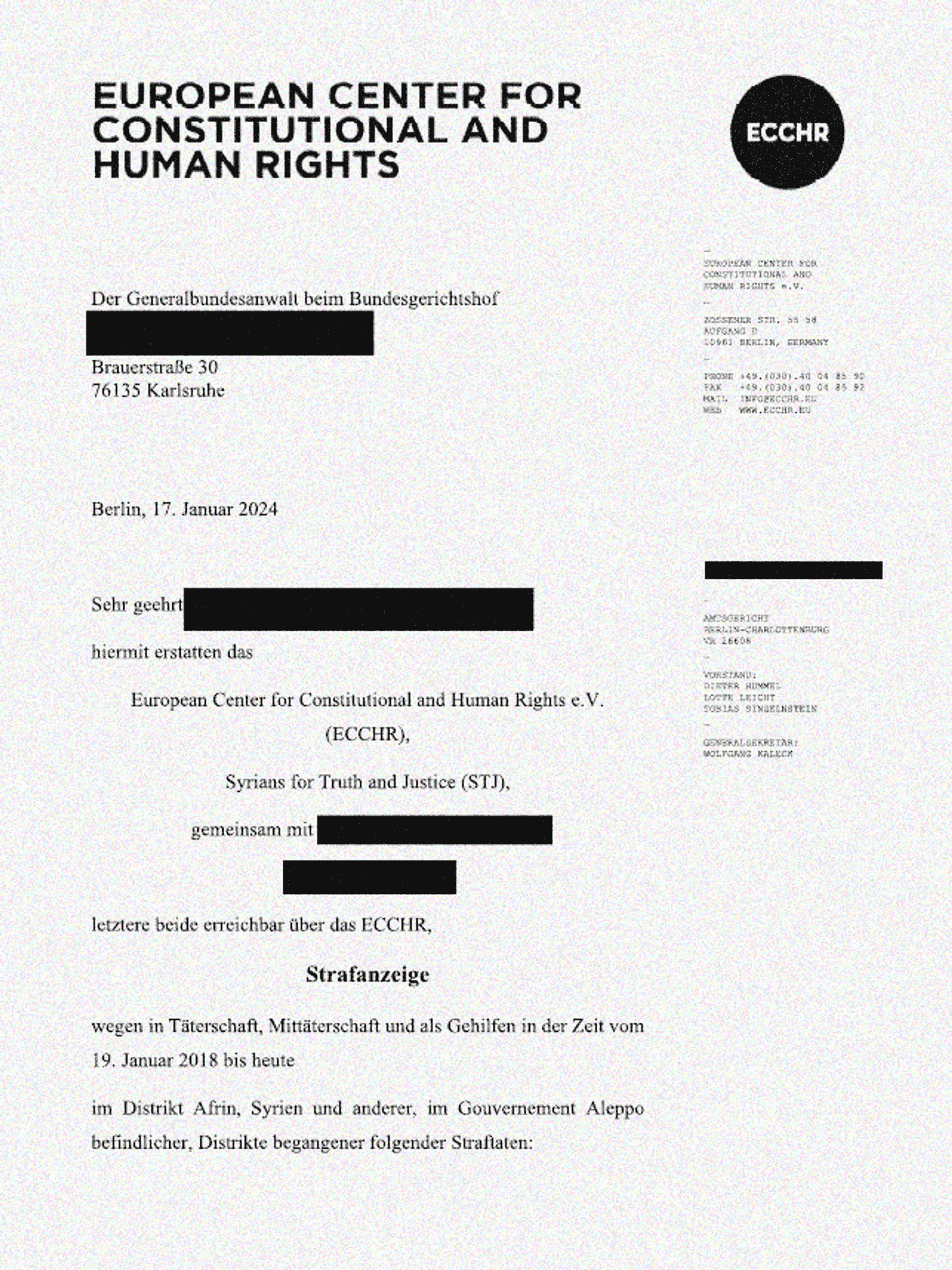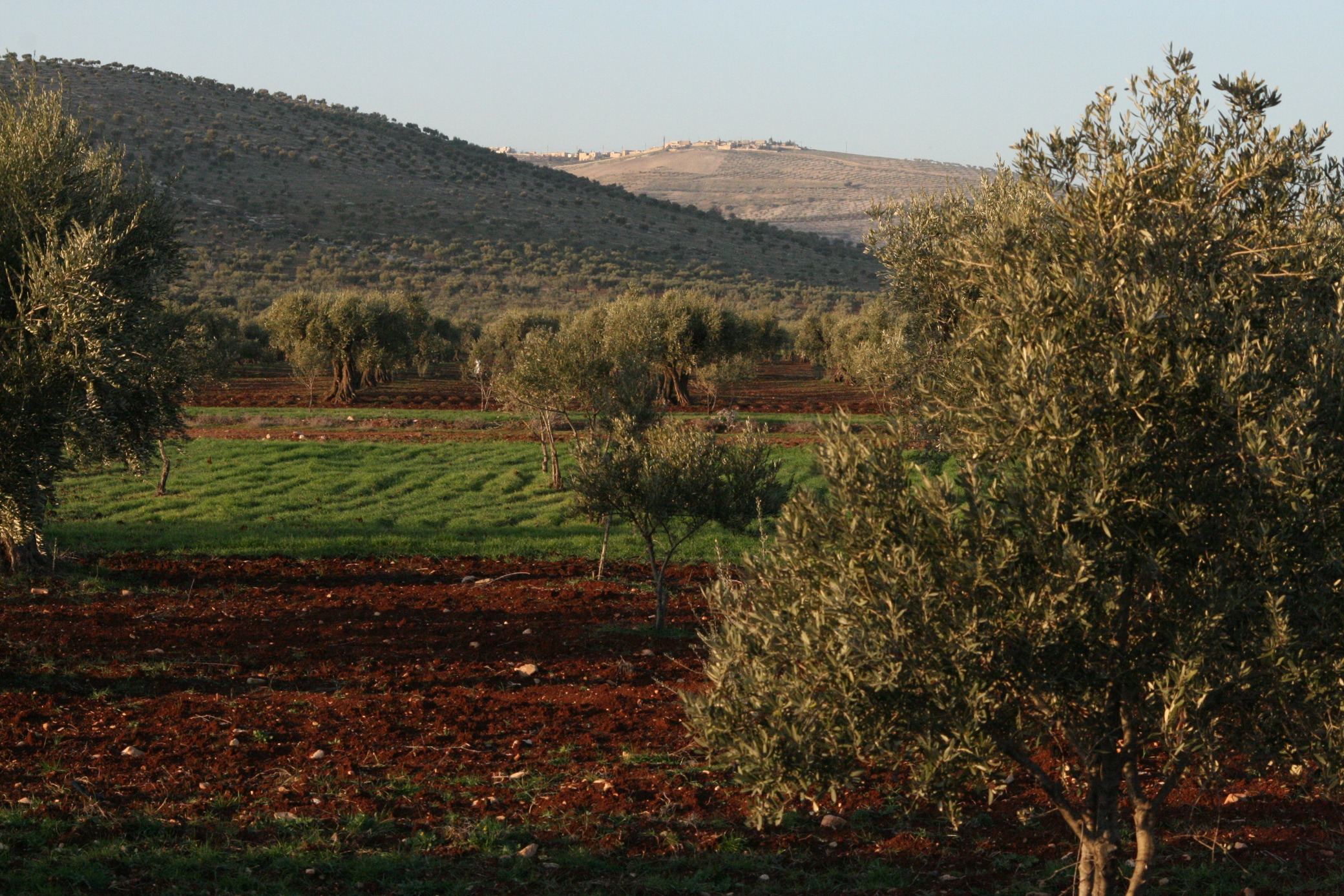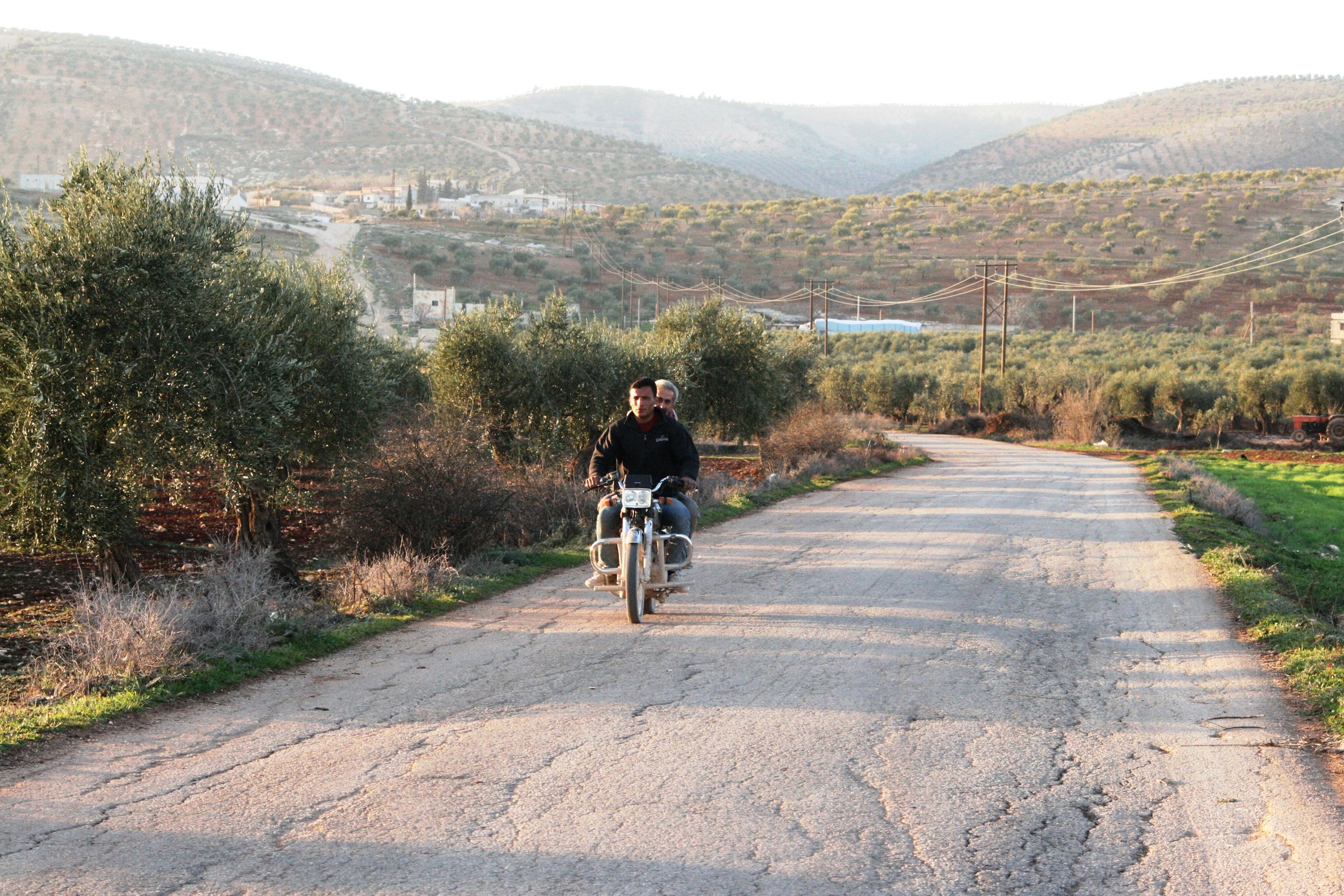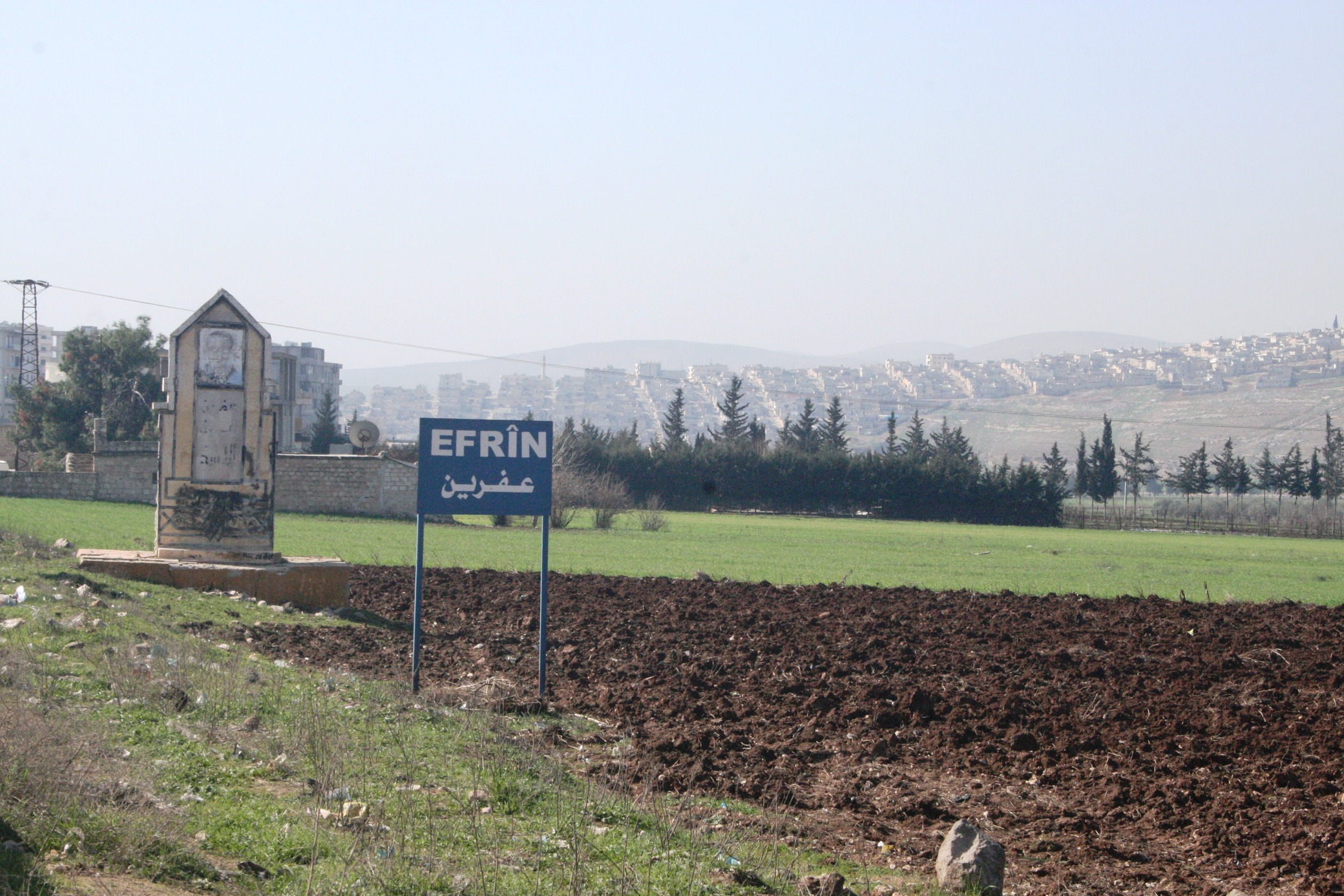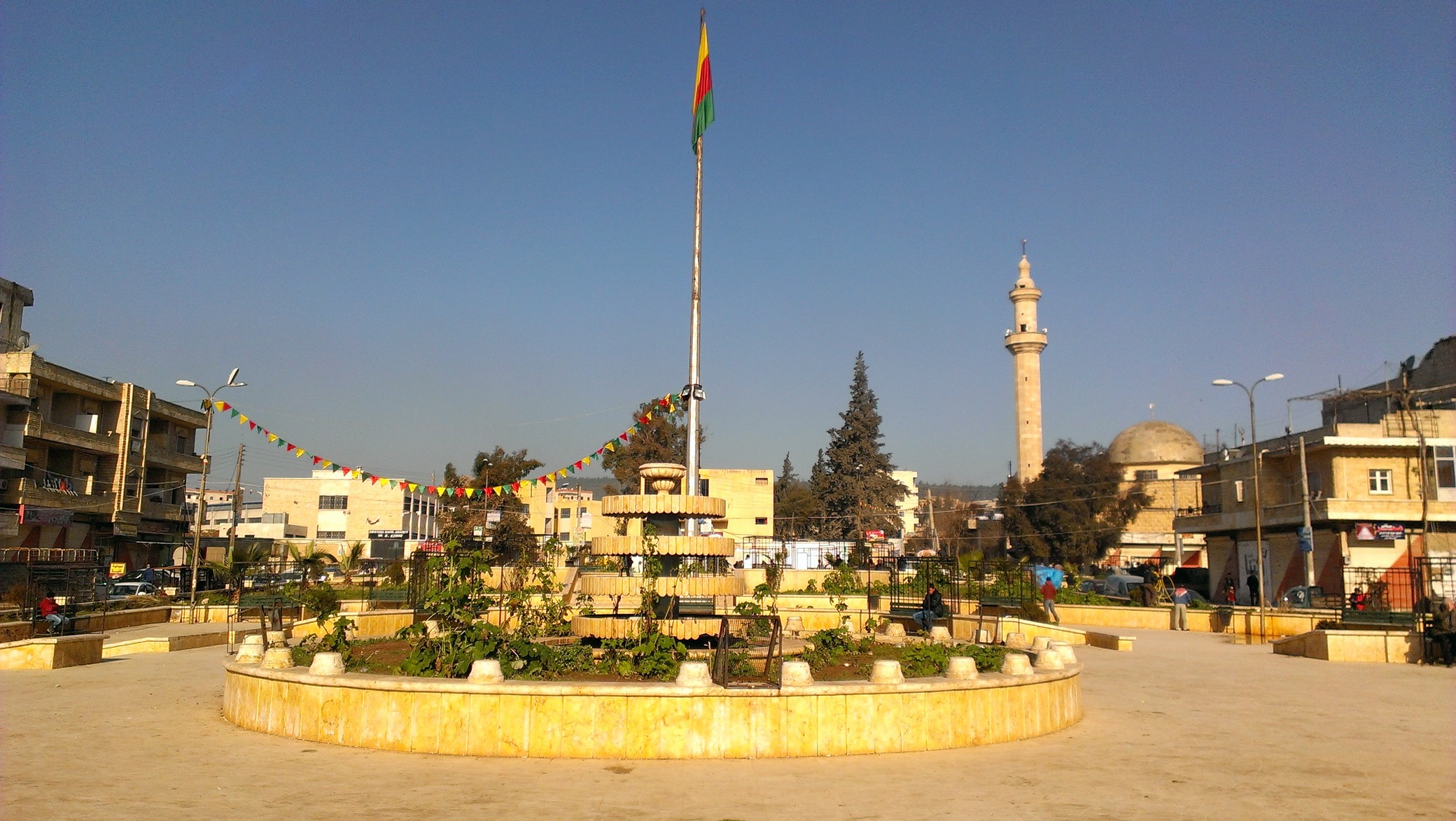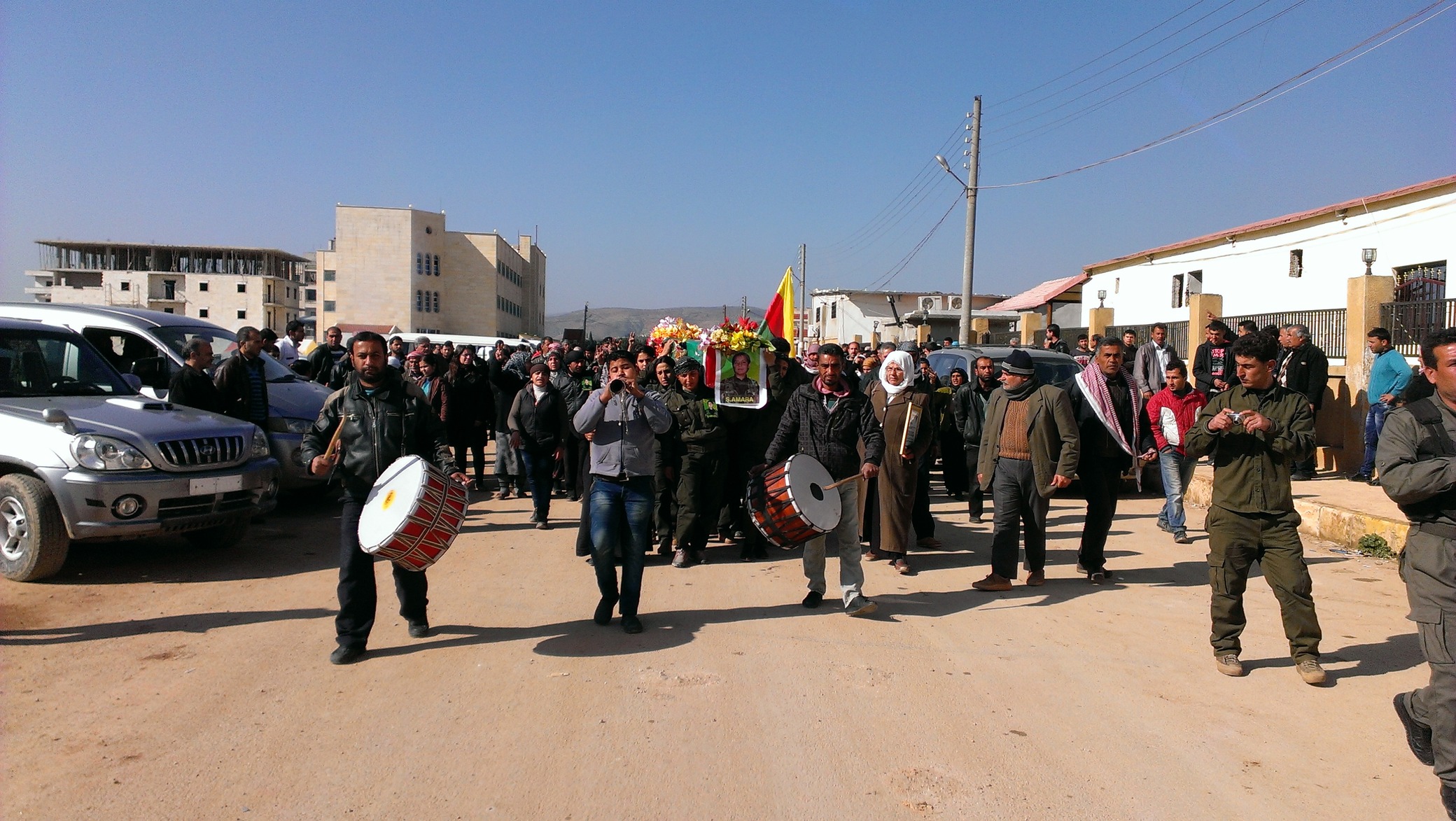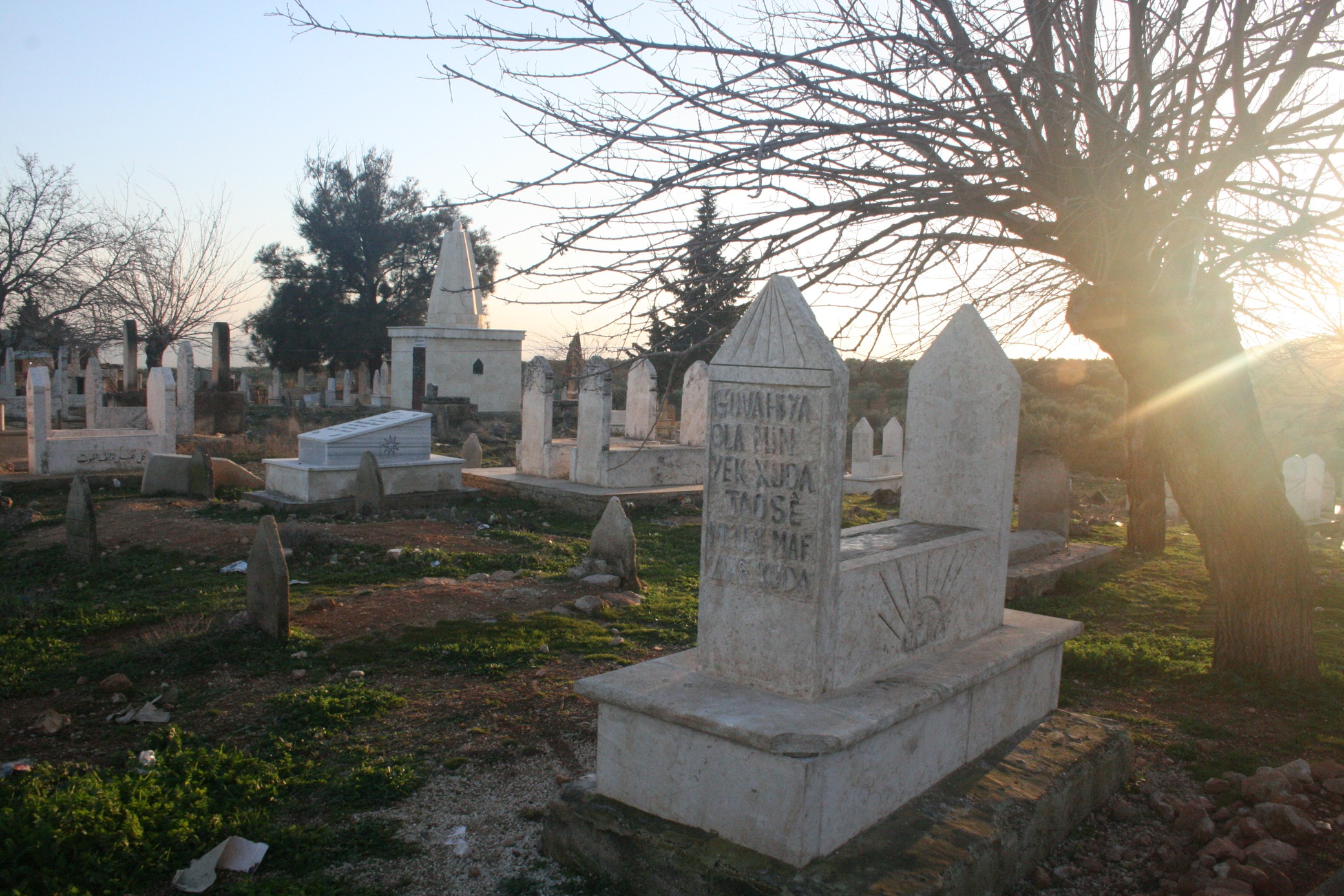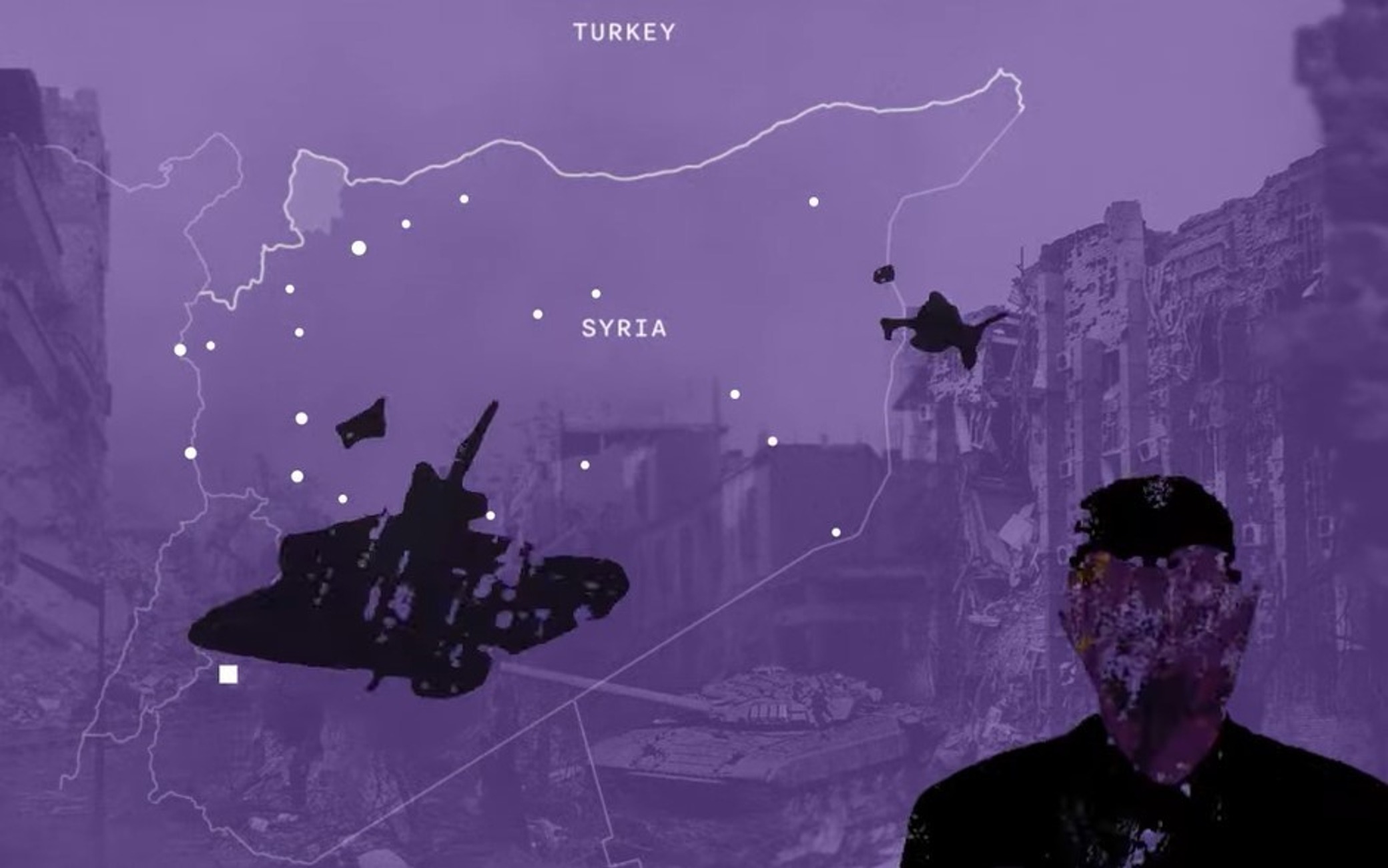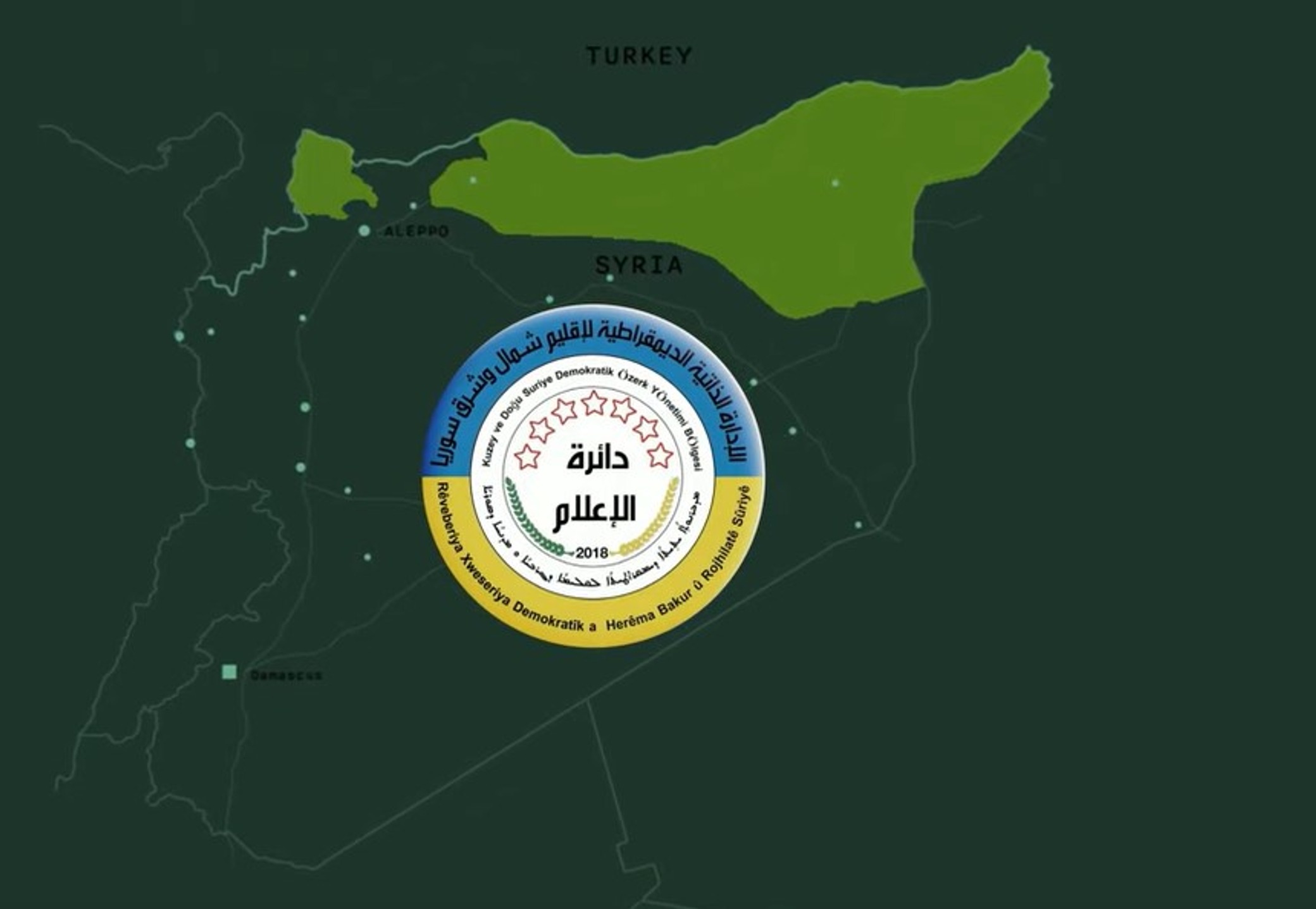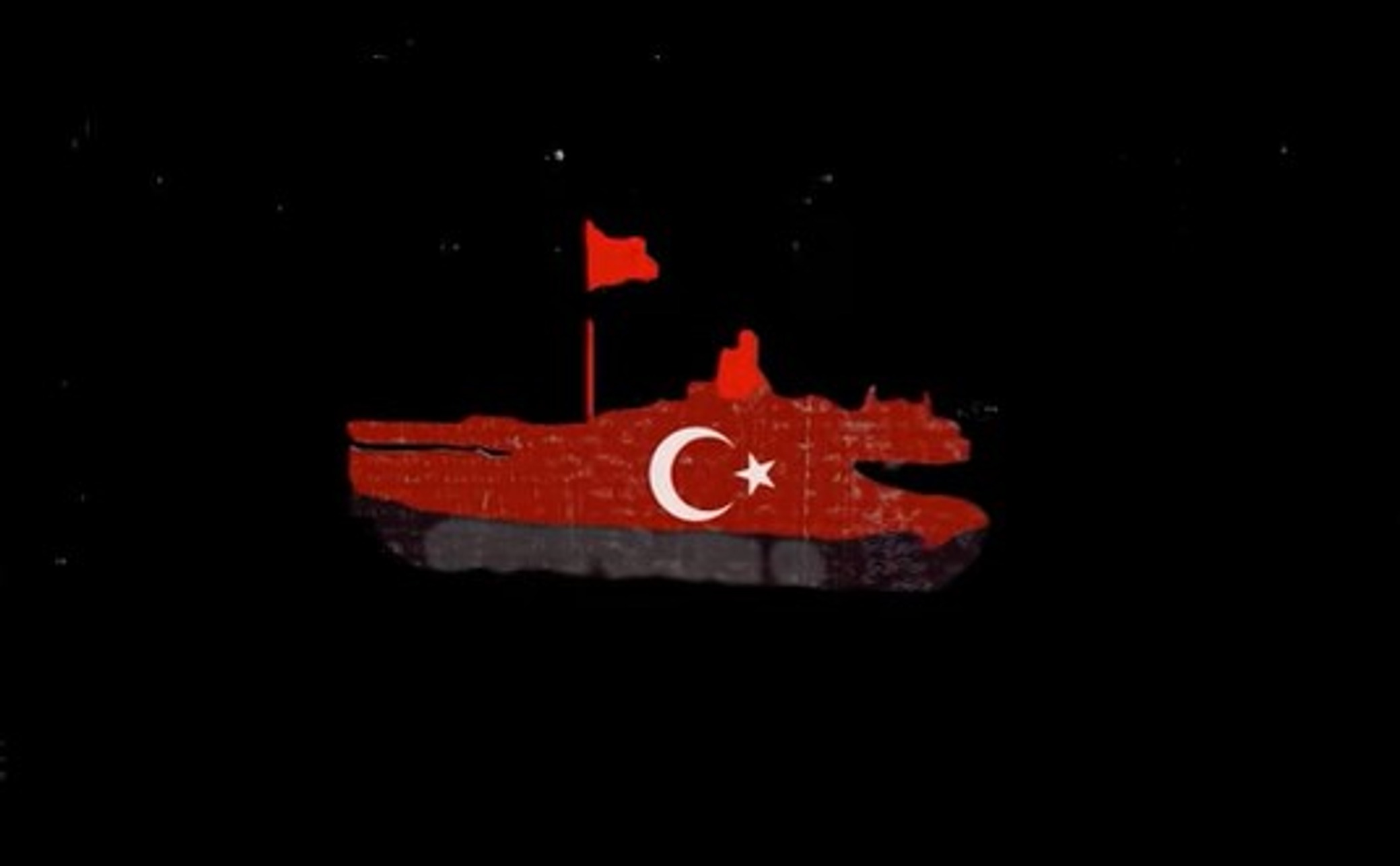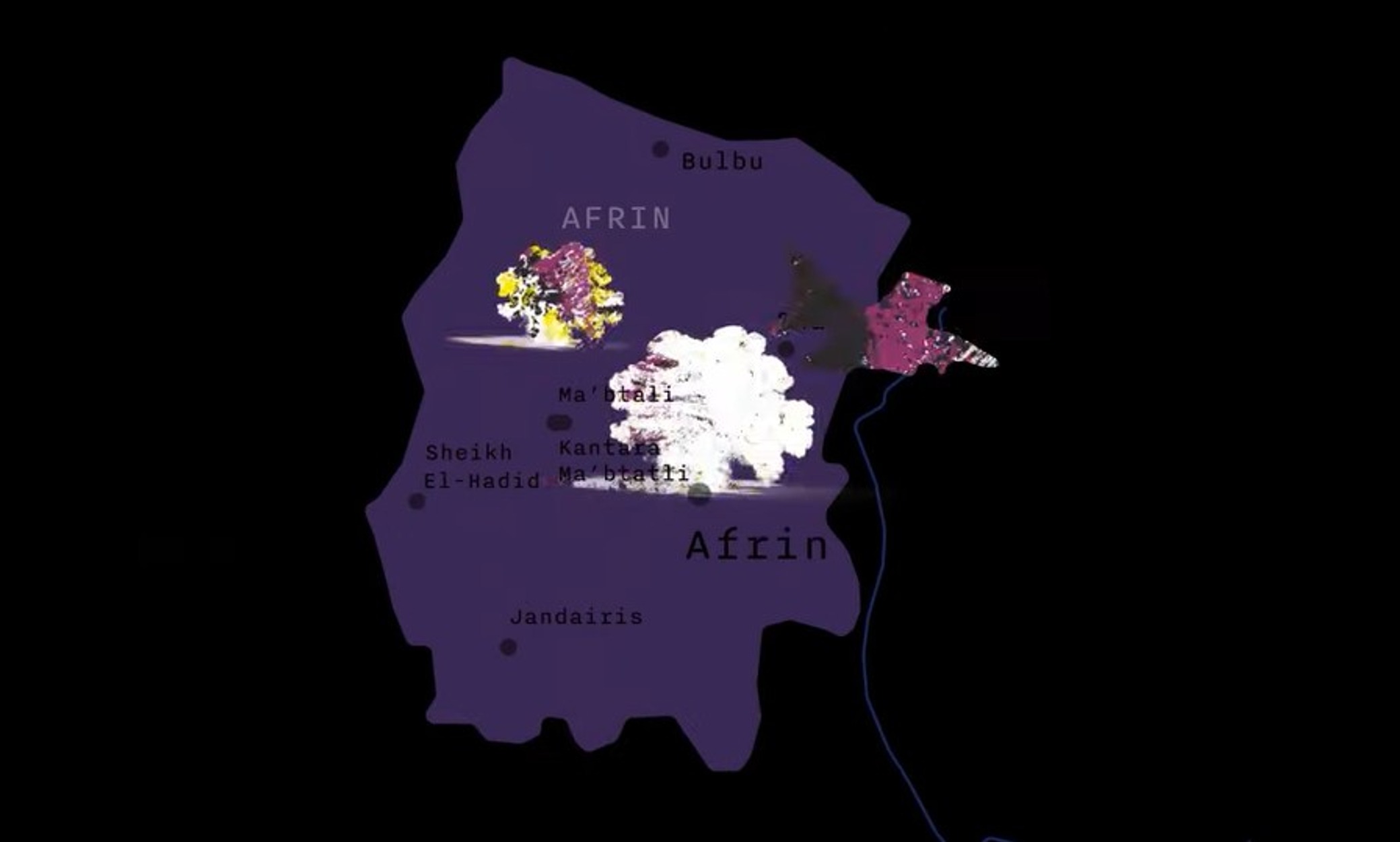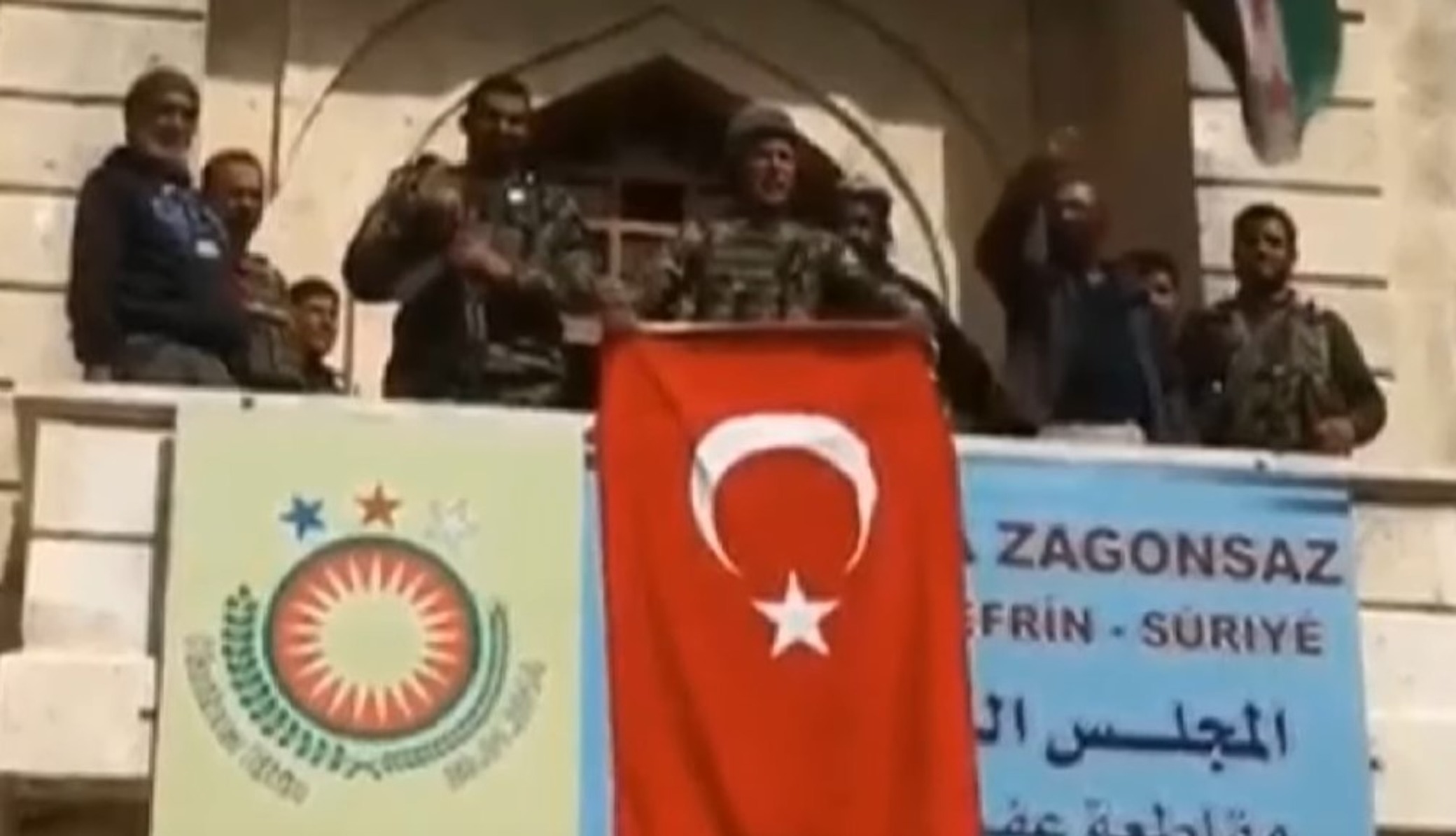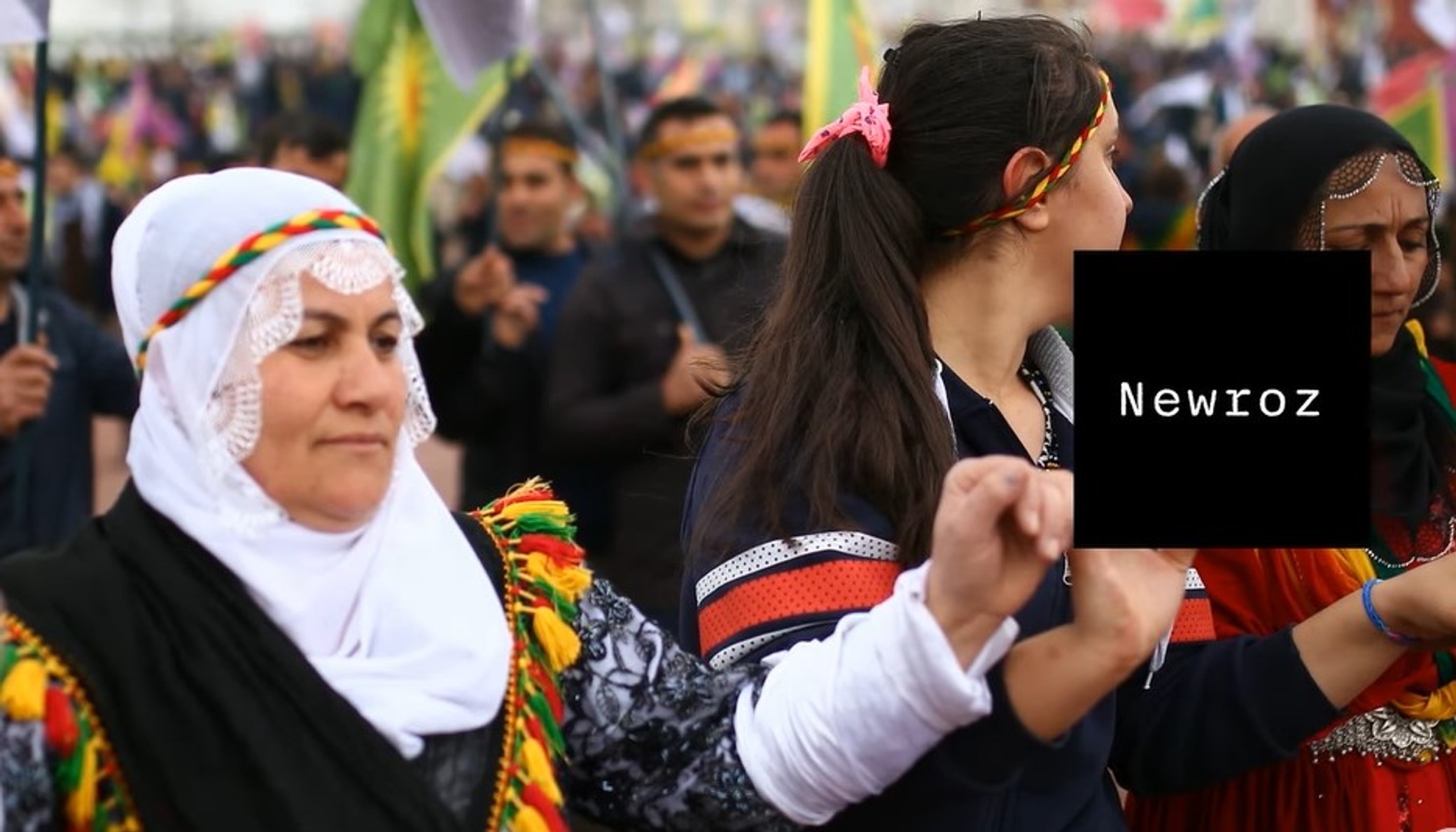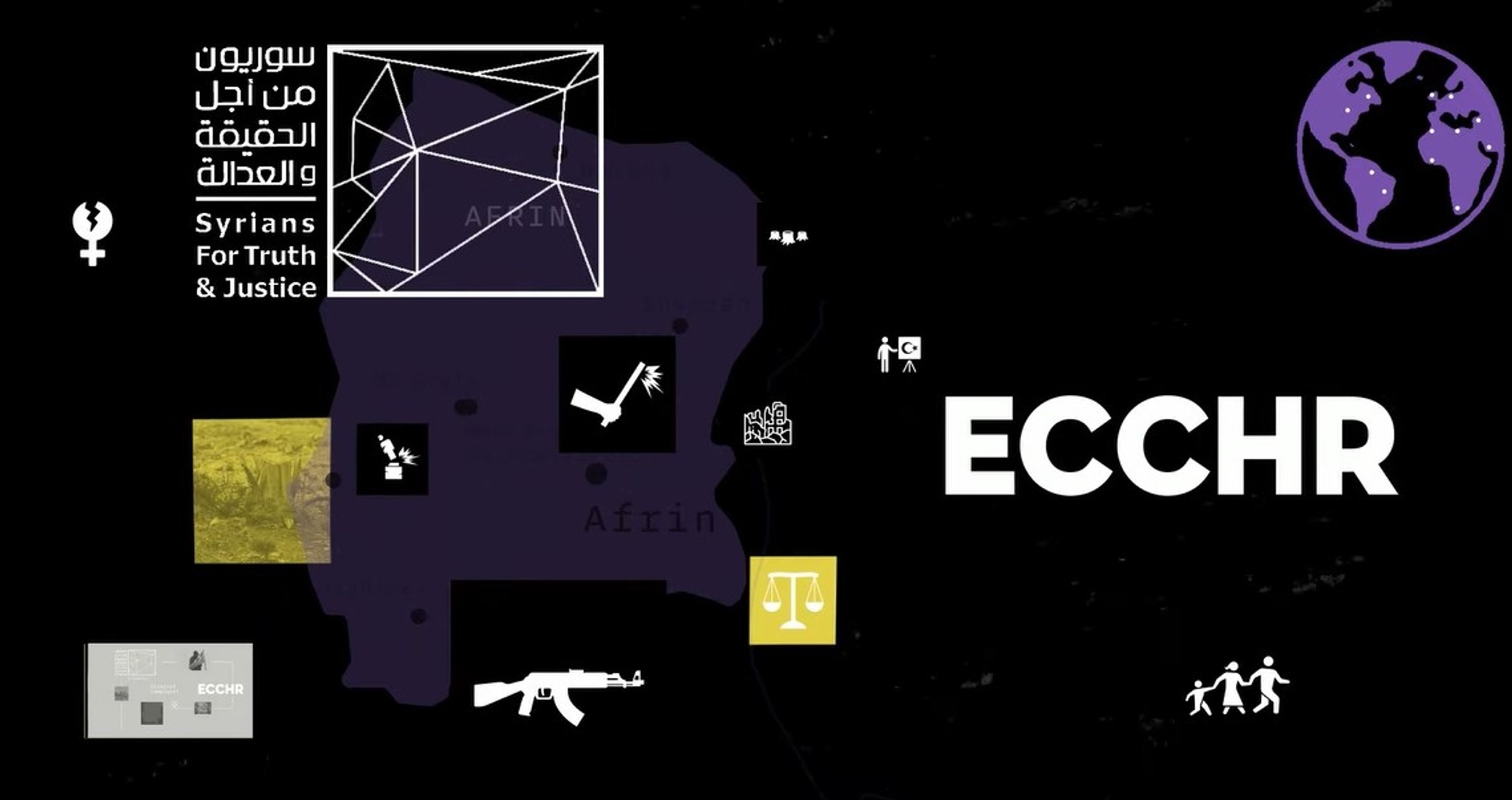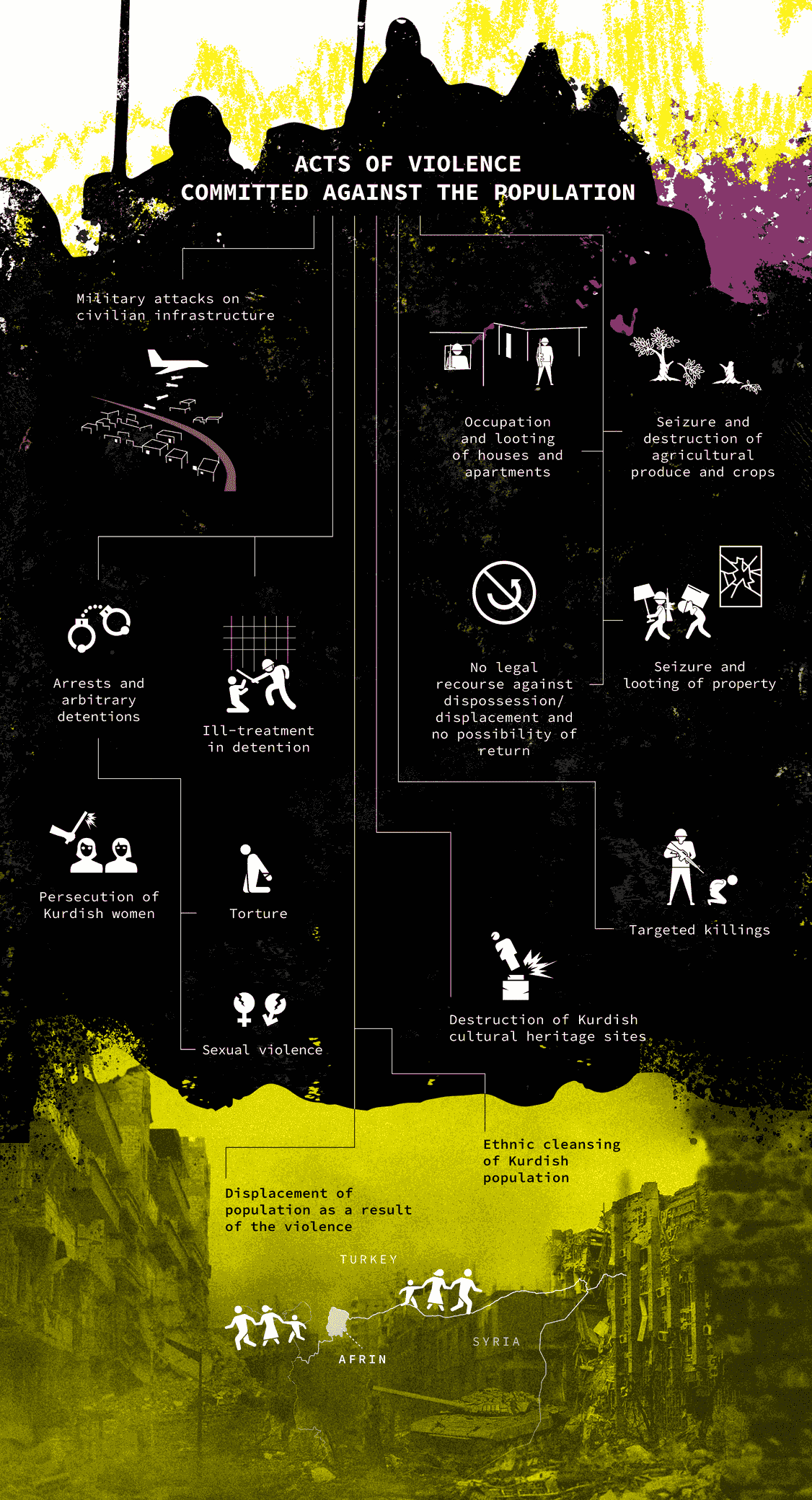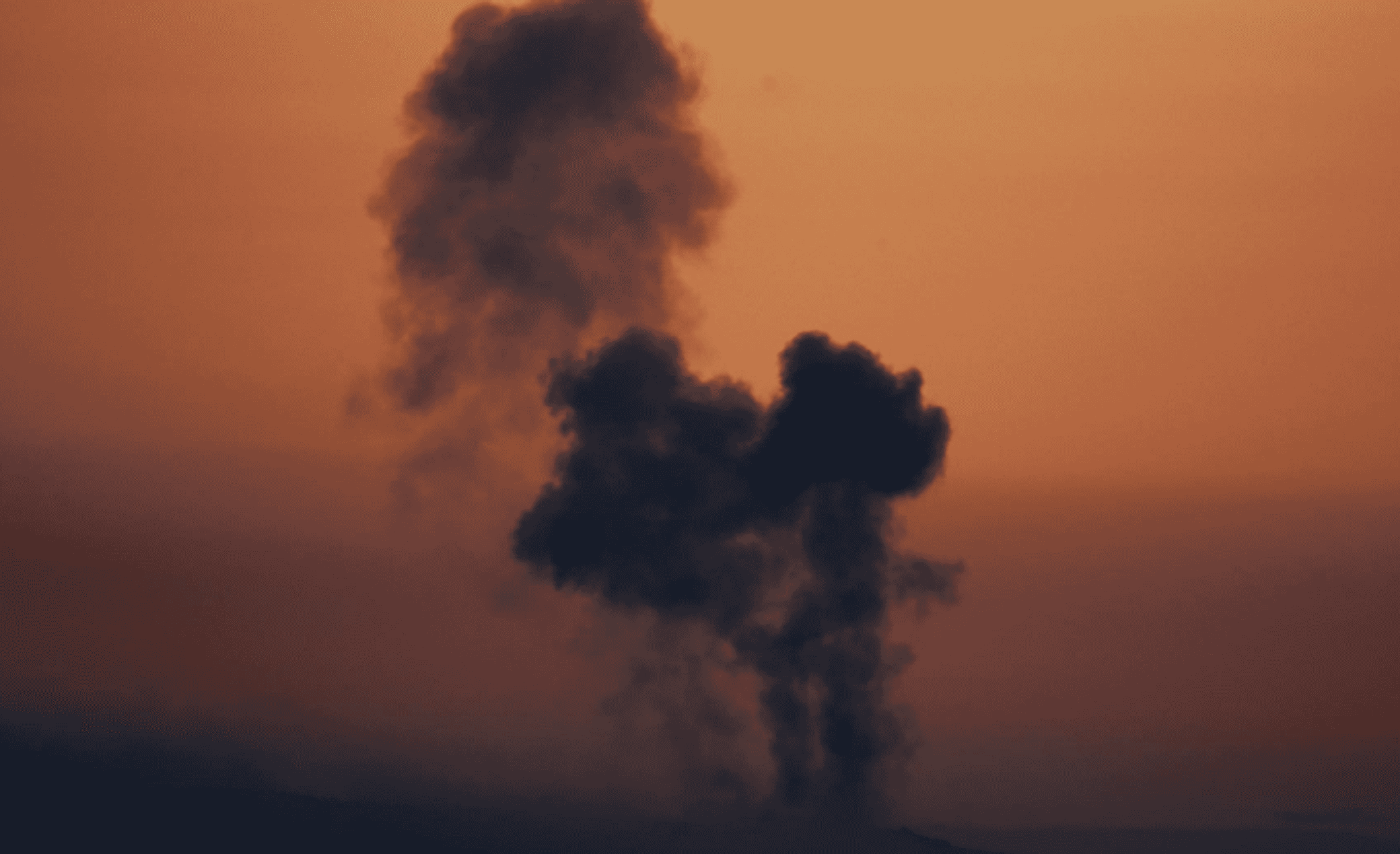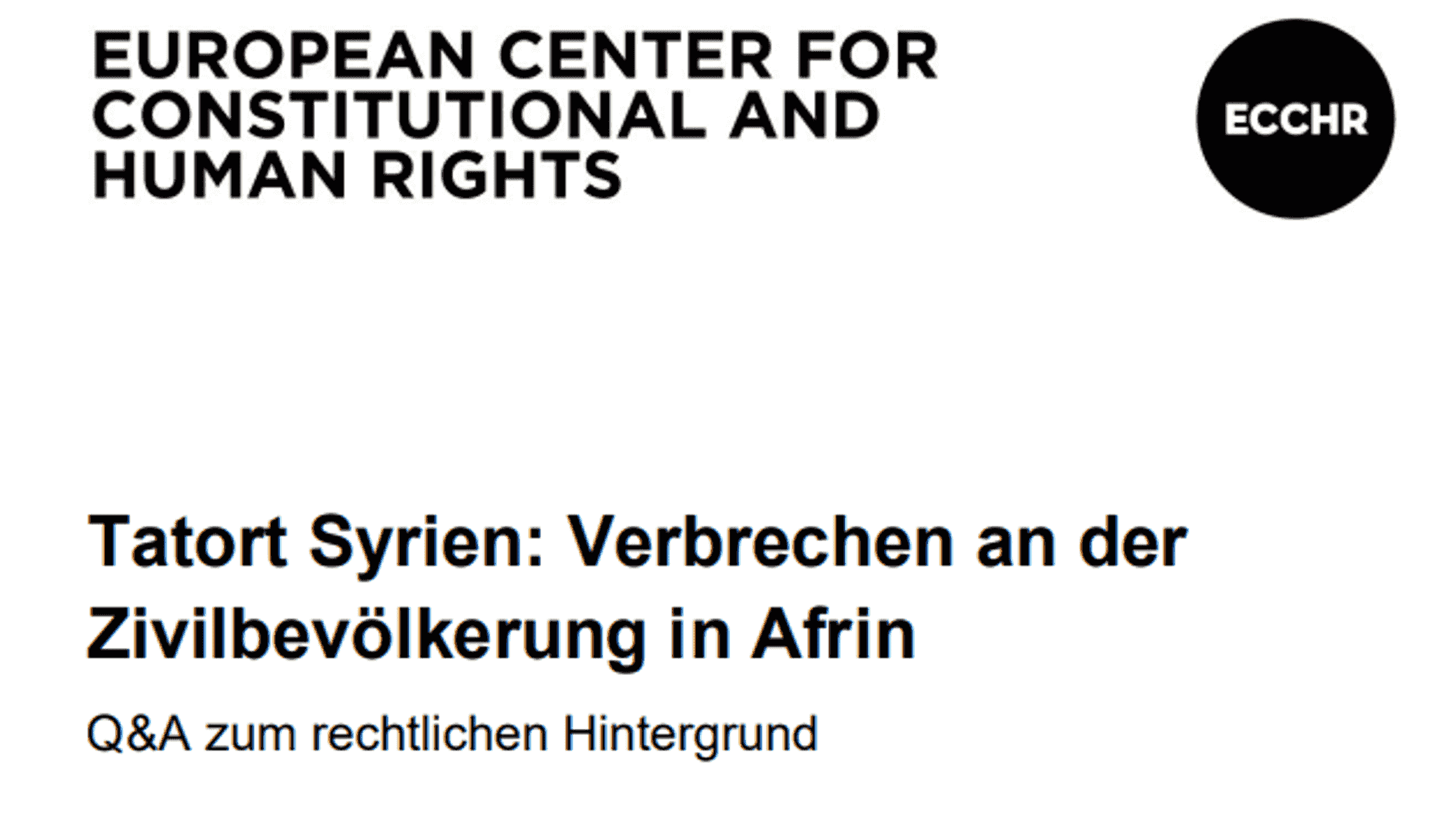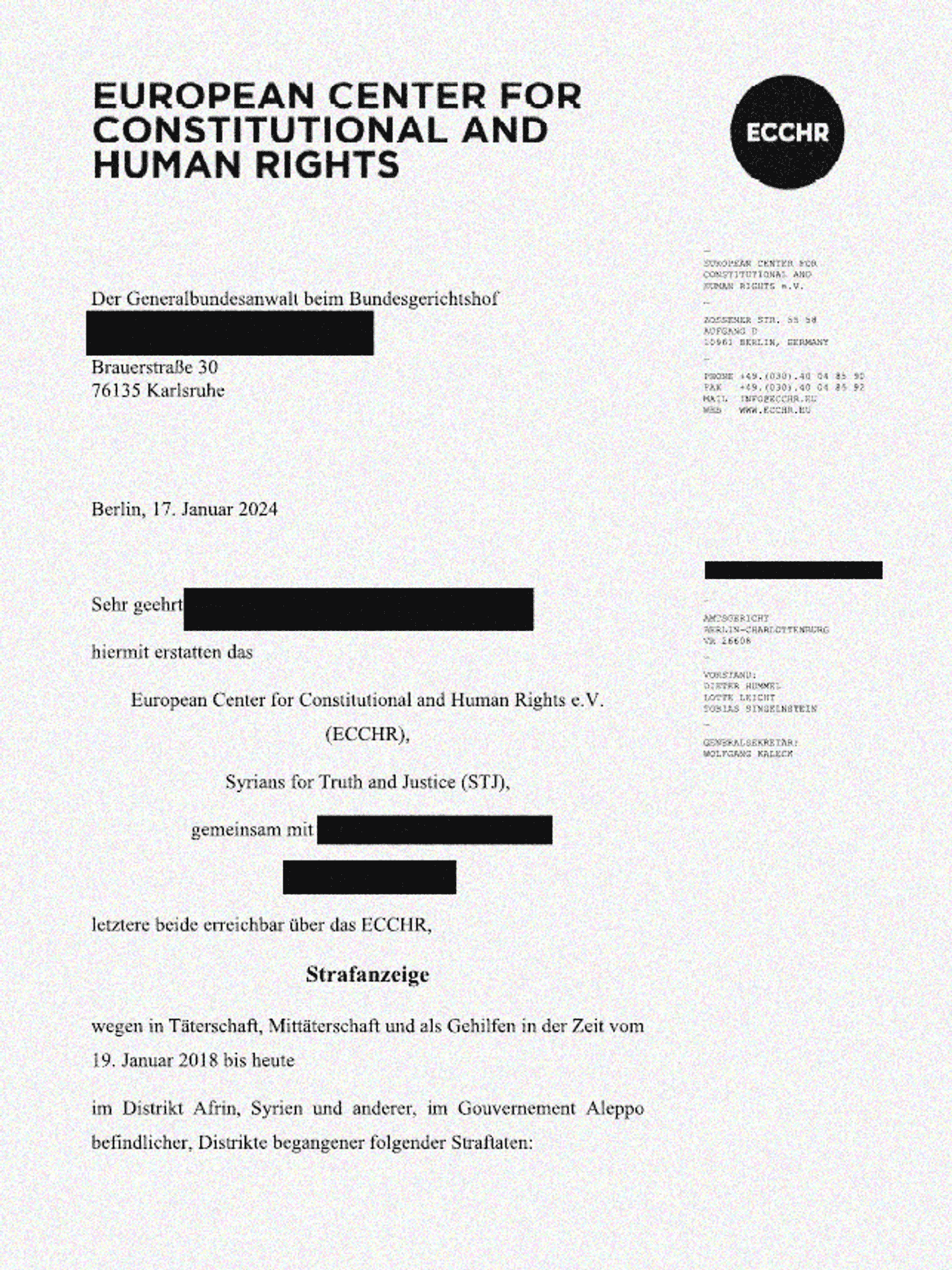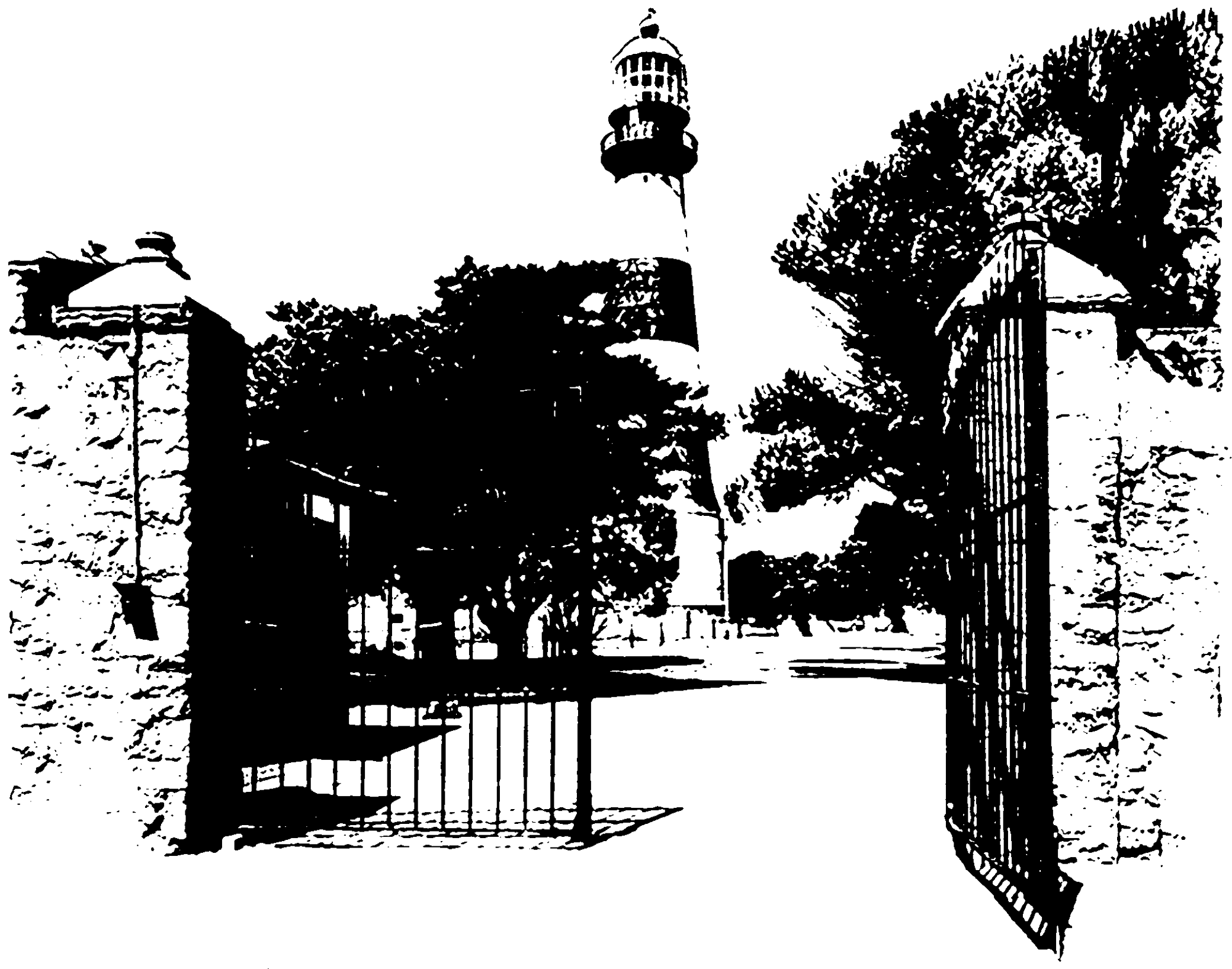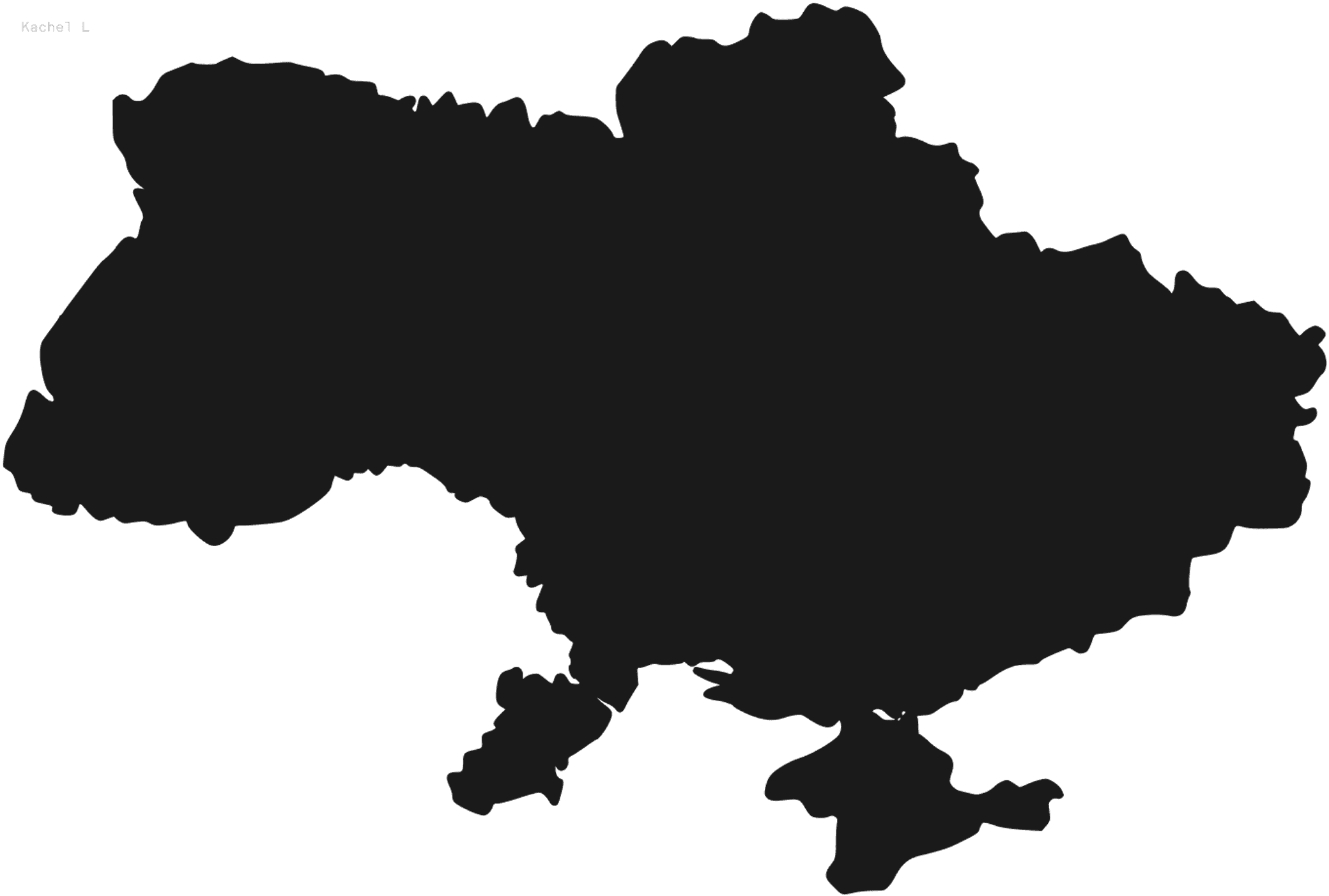In the wake of the outbreak of mass protests in central Syria, the regime withdrew its security forces from the predominantly Kurdish areas in northern Syria in the summer of 2012 [1] in order to devote its resources to stamping out the democracy movement in central Syria and other cities. Not only were military, police and intelligence personnel withdrawn; high-ranking Baath officials, oil engineers and administrative officers fled the region as well. The PYD and allied parties subsequently attempted to fill the political vacuum. The removal of the regime's armed forces from the region was also accompanied by an alleged agreement between the PYD and the Syrian regime that stipulated that each side would tolerate the status of the other.
A largely autonomous system of self-governance was established – a historic step for Kurdish self-determination. It was intended in no small part to protect the Kurdish and ethnically and religiously heterogeneous population from the eliminationist violence and claims to power of radical Islamist militias. Instead of joining the revolution in central Syria alongside the Syrian opposition and other Kurdish parties, the PYD concentrated on building up its autonomous self-administered zone. Partly for this reason, the initial cooperation between Arab, Syrian and Kurdish groups in the protest movement continued to decline over the course of the civil war.
Their territory soon encompassed the entirety of northeastern Syria – its expansion owing to their fight against IS and the Syrian government’s tolerance of the PYD. Supported by the international anti-IS coalition, they drove out the jihadists and assumed control of their territories. The PYD's long-term plan was to implement a so-called "democratic confederacy," a concept that refers to a democratic-ecological civil administration, which does not endorse or seek the redefinition of borders or statehood but, rather, is constituted at the community level. This was to be coupled with the strengthening of women's rights, the secularization of the legal system and its institutions, and to a certain extent, the integration of the interests of ethnic and religious minorities.
Despite these attempts and the successful realization of some democratic practices in comparison to the other parts of Syria (especially those under the Syrian regime), the PYD's autonomous system of self-governance remained authoritarian in character in order to maintain its claim on the region. This system is also associated with serious human rights violations, repression and the persecution of other political parties and their members, as well as parts of the Arab population.
The political and military hostilities from Turkey exacerbated existing authoritarian tendencies within the PYD, leading to the social exclusion of Kurdish-Syrian critics, the persecution of their parties and associations, and the censoring of events and publications.
Since 2015, Turkey has intensified its violence against the pro-Kurdish opposition party in Turkey, the Peoples' Democratic Party (Halkların Demokratik Partisi, HDP), and the Kurdish regions in its own country, suppressing uprisings in Diyarbakır, Mardin and Cizîrê. Since 2016, Erdoğan's neo-Ottoman expansionist policy has increasingly focused on the Kurdish region in northern Syria. Between 2016 and 2019, Turkey carried out three successive military offensives in the region in order to militarily diminish the size the Kurdish self-governing region bordering Turkey. Beginning in 2018, the second Turkish-led offensive, known as Operation Olive Branch, marks the beginning of the period in question within this criminal complaint. On the one hand, the operation aimed to gain military and political control over the Afrin region, which Turkey still holds today, and on the other, to expel the predominantly Kurdish population.
The Turkish invasion of Afrin in January 2018 represents Turkey's last attempt to date to resolve this conflict militarily. Officially, Syrian local councils have administered Afrin since March 2018, but de facto, Turkey controls the region. The armed Islamist militias, which previously committed crimes in multiple locations under the umbrella of the Syrian National Army (SNA) [2], have established a system of arbitrary rule: with Turkey's knowledge, they systematically commit atrocities, including arbitrary arrests of civilians, sexual violence, torture, systematic looting and killings. The Kurdish New Year festival Newroz was permanently banned. Street names and school curricula were changed from Kurdish to Turkish or Arabic. In Afrin, which used to be the most densely populated Kurdish region in Syria, Kurds are now the minority. As in previous decades, the population must either be assimilated, expelled or destroyed, but above all, Kurdish autonomy must be prevented. Turkish politicians speak of Afrin as part of the mystical “Red Apple” (“Kızıl Elma”), which represents the imperial aspirations of the Ottoman Empire. Afrin thus occupies a central symbolic place in Turkey's expansive imperial power politics.
